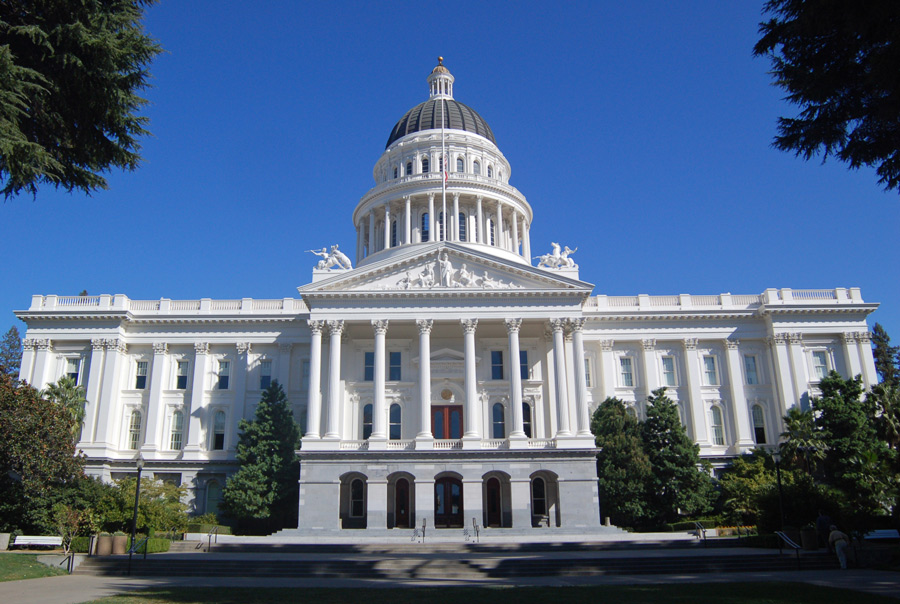
As a result of universal TK being adopted in the budget, AB 22 was amended to address implementation issues, including clarification at CSBA’s urging that any increases in student enrollment for TK would be funded with additional General Fund revenues to increase the Proposition 98 guarantee. It also proposed to require an additional adjustment to the kindergarten and grades 1-3 base grant equal to 14.2 percent for TK, and to require county superintendents of schools to convene local TK planning workgroups to support the implementation of universal TK. Ultimately, the updated AB 22 was made a two-year bill, meaning that it can be taken up again when the Legislature returns in the new year.
Significant teacher pipeline proposals met a similar fate. AB 312 (Seyarto, R-Murrieta) proposed authorizing teacher credential applicants to demonstrate basic skills proficiency through qualifying coursework in lieu of taking the California Basic Educational Skills test (CBEST); similarly AB 437 (Kalra, D-San Jose) would have authorized teaching candidates to demonstrate subject matter competency through the completion of qualifying higher education coursework in lieu of taking California Subject Examinations for Teachers (CSET) examinations. Both proposals, which were supported by CSBA, were ultimately included as part of AB 130, the education budget trailer bill, and consequently did not move forward.
One such measure, AB 388 (Medina, D-Riverside), would have expanded permanent status for certificated employees after a two-year probationary period for all small school districts, adult schools and regional occupational programs. CSBA took an Oppose position on this bill. Another, AB 34 (Muratsuchi, D-Torrance), would have placed a $10 billion general obligation bond on the November 2022 ballot to expand public broadband infrastructure. CSBA took a Support position on the bill in recognition of the immense need for adequate internet access for every student.
Regarding charter schools, a similar fate befell AB 1316 (O’Donnell, D-Long Beach), which would make various changes to independent study program requirements, modify the authority of small districts to authorize nonclassroom-based charter schools, expand charter school oversight requirements and limit the use of multitrack year-round school schedules. CSBA took an Oppose unless Amended position on the legislation, worked with the author to help address implementation issues, and should the bill return in 2022, will continue working to address remaining concerns.